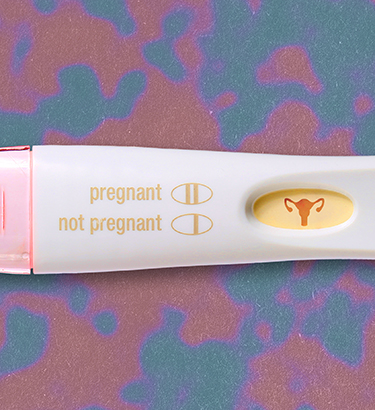In order to get pregnant, a female must ovulate, which is when a mature egg is released from an ovary and moves down to the fallopian tube, where it can be fertilized. If you have a regular menstrual cycle, ovulation is likely to occur once per month. However, that's not always the case for women with PCOS.
"PCOS causes an increase in androgens throughout the body in uterine persons," said Renee Trewella, B.S.N., a registered nurse in Louisiana who has PCOS herself. "This can result in anovulation, which leads to amenorrhea or absence of a period. On a personal note, I've gone as long as four months without a period and needed medication to trigger it."
Getting pregnant doesn't just require ovulation, however. The path to pregnancy includes a delicate dance between various hormone levels. PCOS can interfere with that hormonal balance, which can affect conception and pregnancy in a number of ways.
"Many people with PCOS experience insulin resistance, which throws off hormonal balances," said Jesse Petke, a former doula and agency owner of Birth and Beyond Wisconsin. "Usually, there is excess testosterone and prolactin levels with lower estrogen and progesterone levels.
"However, sometimes the excess testosterone will make the body create extreme levels of estrogen trying to find balance," Petke continued. "The extra prolactin can trick the body into not ovulating, just like in a nursing parent. And the low progesterone levels make miscarriages very common if a pregnancy does occur."














